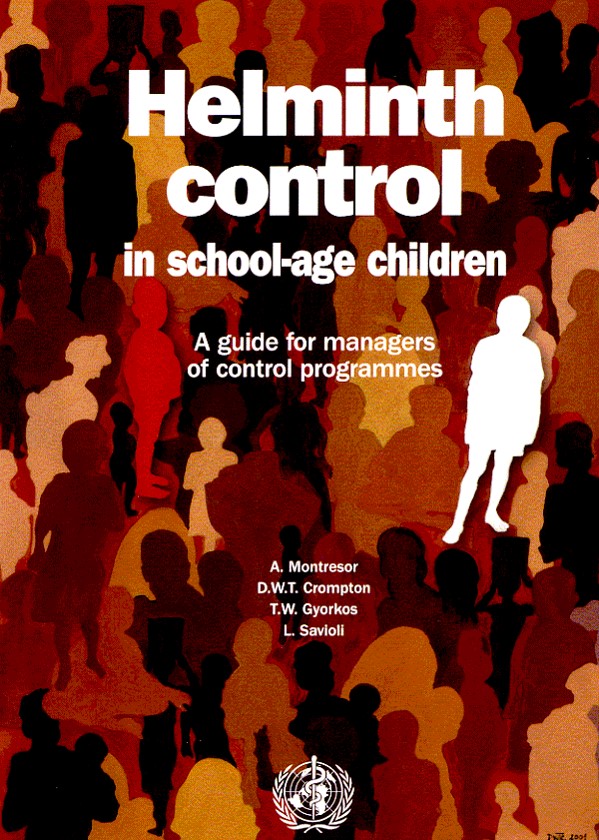 Residing within the McGill Faculty of Medicine’s Department of Epidemiology, Biostatistics and Occupational Health, the Pan American Health Organization (PAHO)/World Health Organization (WHO) Collaborating Centre (CC) for Research and Training in Parasite Epidemiology and Control was established in 2015 under the directorship of Dr. Theresa Gyorkos. The Centre contributes to the development of WHO policy, assists in producing global practice-relevant documents and offers training and technical advice at the request of WHO. It recently had its designation renewed for another four-year term, up to 2023.
Residing within the McGill Faculty of Medicine’s Department of Epidemiology, Biostatistics and Occupational Health, the Pan American Health Organization (PAHO)/World Health Organization (WHO) Collaborating Centre (CC) for Research and Training in Parasite Epidemiology and Control was established in 2015 under the directorship of Dr. Theresa Gyorkos. The Centre contributes to the development of WHO policy, assists in producing global practice-relevant documents and offers training and technical advice at the request of WHO. It recently had its designation renewed for another four-year term, up to 2023.
Dr. Gilles Paradis, Chair of the Department of Epidemiology, Biostatistics and Occupational Health at McGill asserts that “The leadership of Dr. Gyorkos in establishing the WHO CC demonstrates her commitment to improving the health of the most vulnerable populations worldwide using scientific evidence to inform Policy recommendations. McGill is proud to host the CC and to have it embedded in its new School of Population and Global Health that marks the Faculty of Medicine’s enhanced commitment to support, through research and evaluation, the health of populations worldwide. We look forward to the continued work of the CC for many years to come.”
In partnership with several McGill units, the centre promotes parasite prevention and control activities at all levels, from global to local. Its aim is to decrease the burden of disease associated with parasite infections. The parasites of primary concern for the Centre are the soil-transmitted helminths (STH), a cluster of worms which includes roundworms, whipworms and hookworms. Together, they affect over one billion people in over 100 endemic countries worldwide.
Dr. Antonio Montresor, the WHO Officer responsible for this collaborating centre (based in the WHO Department of Control of Neglected Tropical Diseases), emphasizes that, “the contributions of this WHO CC have been especially important in advancing global health policies and programs oriented to reducing morbidity from parasite infections in girls and women of reproductive age.”
With counterparts from around the globe, this PAHO/WHO Collaborating Centre has been at the forefront of promoting large-scale deworming strategies to reduce worm-attributable morbidity in hundreds of millions of infected children and women, annually. Included among the highlights of its activities to date are: a 2018 WHO document co-authored by Dr. Gyorkos that underscores the right of every girl and woman of reproductive age, infected with soil-transmitted helminths, to be treated; input into the 2030 WHO global strategy to reduce morbidity, mortality and disability caused by neglected tropical diseases; and guidance for community-based deworming programs which will now include women of reproductive age.
Congratulations to Dr. Gyorkos and to all of those involved in the Collaborating Centre!
December 5 2019
